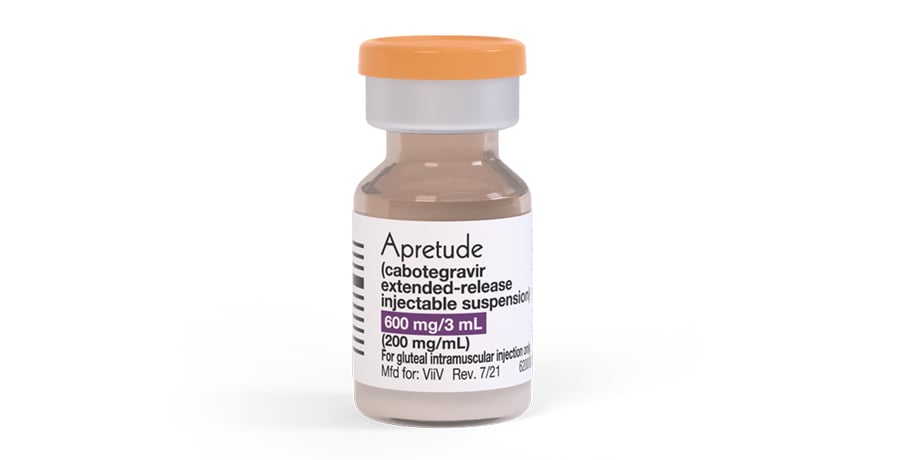
Combining injectable PrEP and the daily pill could be a public health game changer by helping prevent an additional 87% of HIV infections compared to just using the daily pill, according to a new study. Photo: Viiv
Combining injectable PrEP and the daily pill could be a public health game changer by helping prevent an additional 87% of HIV infections compared to just using the daily pill, according to a new study.
The medical cost savings would be $4.25 billion over 10 years, compared to $2.27 billion when using the daily pill, the study said.
SB 339 in Calif. gives 90-day supply of PrEP without prescription
The research from the HIV+Hepatitis Policy Institute is an update to the organization’s 2022 report on the potential impact of long-acting PrEP on HIV prevention.
The differences in results, according to the research, is due to a higher user adherence of the long-acting injectable PrEP compared to the daily pill.
“We must make sure that everyone with a reason to be on PrEP is able to access the medication best suited to their needs. With new long-acting PrEP, many people who have had a hard time adhering to a regimen of a daily pill now have another option to prevent HIV,” Carl Schmid, executive director of the HIV+Hepatitis Policy Institute, said in a statement.
“And we now know that more cases of HIV can be averted and medical costs can be saved by gradually increasing the uptake of long-acting PrEP. This must be taken into account as we develop policies and programs regarding the use and coverage of PrEP,” Schmid said.
The injectable version of PrEP was approved by the Food and Drug Administration in 2021 and is taken every two months.
Only approximately 36% of people who the Centers for Disease Control and Prevention believe should be on PrEP are taking it, with many members of marginalized communities, including Black, Latino, and transgender people, at risk of contracting HIV because they are not on the preventative medication.
High copays, narrow provider access, pharmacy networks, and prior authorization are barriers to wider daily pill and injectable PrEP access.
Racial, gender, and geographic disparities also prevent access to the medications.
Many of these issues would be addressed in the PrEP Access and Coverage Act, Schmid said.
